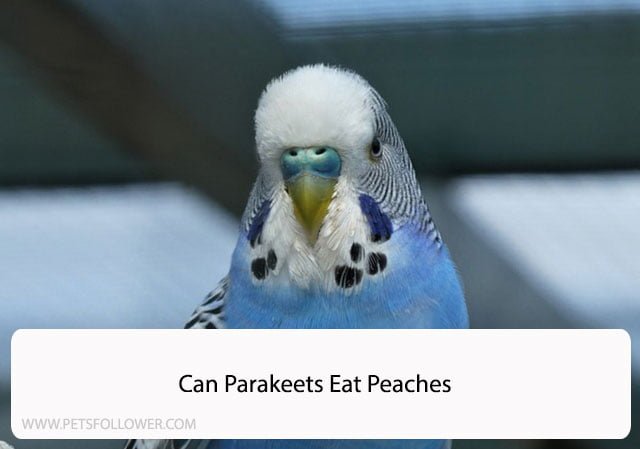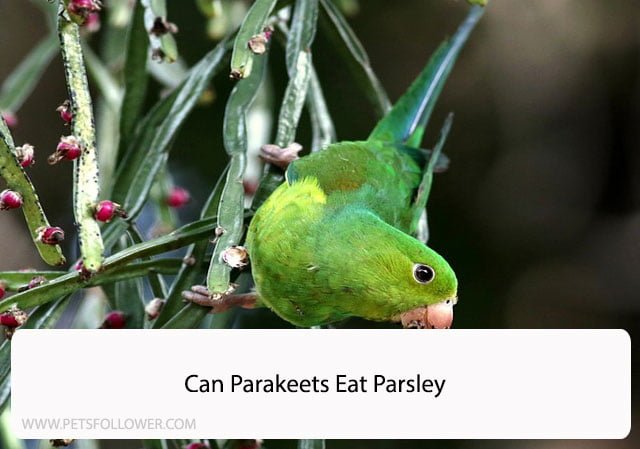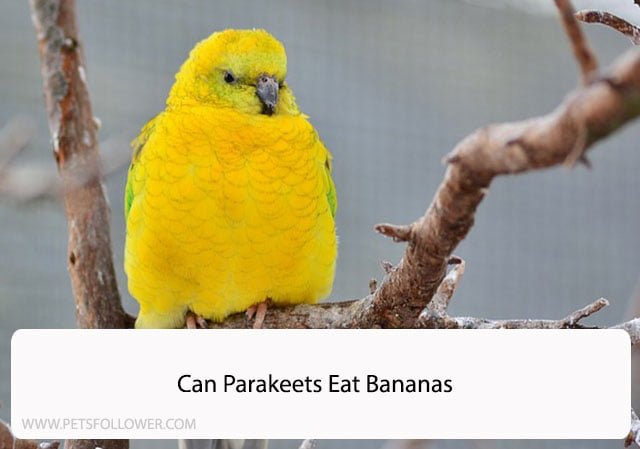Parakeets are known for their love of seeds, and sunflower seeds are a popular choice among bird owners. However, many pet owners wonder if it is safe for their parakeets to eat sunflower seeds. In this article, we will answer the question “can parakeets eat sunflower seeds?” and provide you with the information you need to make an informed decision about your pet’s diet.
Sunflower seeds are high in fat and calories, which can be a concern for some bird owners. However, when fed in moderation, sunflower seeds can be a healthy addition to your parakeet’s diet. It is important to note that sunflower seeds should not be the main source of food for your bird, but rather a treat or supplement to their regular diet.
In the following paragraphs, we will dive deeper into the nutritional benefits and potential risks of feeding sunflower seeds to parakeets. By the end of this article, you will have a better understanding of whether or not sunflower seeds are a suitable food option for your feathered friend.

Understanding Parakeets’ Dietary Needs
Parakeets are small birds that require a balanced diet to maintain their health and well-being. As responsible pet owners, it is our duty to provide them with the necessary nutrients that they need to thrive. In this section, we will discuss the dietary needs of parakeets and what foods they can and cannot eat.
Parakeets are omnivores, which means that they eat both plant and animal-based foods. Their diet should consist of a variety of foods, including fruits, vegetables, seeds, and pellets. It is important to note that a parakeet’s diet should be high in protein and low in fat.
When it comes to seeds, parakeets can eat a variety of them, including millet, canary seeds, and safflower seeds. However, it is important to limit the amount of sunflower seeds that they consume as they are high in fat and can lead to obesity and other health problems.
In addition to seeds, parakeets should also be given fresh fruits and vegetables, such as apples, carrots, and leafy greens. These foods provide essential vitamins and minerals that are necessary for their overall health.
It is also important to provide your parakeet with a source of calcium, such as cuttlebone or mineral blocks. This helps to keep their bones strong and healthy.
In summary, parakeets require a balanced diet that includes a variety of foods. While they can eat seeds, it is important to limit the amount of sunflower seeds they consume and provide them with fresh fruits, vegetables, and a source of calcium to ensure their optimal health.
Can Parakeets Eat Sunflower Seeds?
Sunflower seeds are a popular snack for humans, but can parakeets eat sunflower seeds? The answer is yes, parakeets can eat sunflower seeds, but they should only be given in moderation.
Sunflower seeds are high in fat and can lead to obesity in parakeets if they are given too frequently. Additionally, the shells of sunflower seeds can be difficult for parakeets to digest, so it is recommended to only give them hulled sunflower seeds.
While sunflower seeds can be a tasty treat for parakeets, it is important to note that they should not be the main source of their diet. A balanced diet for parakeets should consist of a variety of fruits, vegetables, and grains.
In summary, parakeets can eat sunflower seeds, but they should only be given in moderation and as part of a balanced diet. It is important to monitor their intake and provide them with a variety of foods to ensure they are getting all the nutrients they need.
Benefits of Sunflower Seeds for Parakeets
Nutritional Value
Sunflower seeds are a great source of nutrition for parakeets. They are rich in protein, fiber, and healthy fats. They also contain essential vitamins and minerals that support your bird’s overall health.
Here is a breakdown of the nutritional value of sunflower seeds per 100 grams:
| Nutrient | Amount |
|---|---|
| Protein | 20.8g |
| Fat | 51.5g |
| Carbohydrates | 20g |
| Fiber | 8.6g |
| Calcium | 78mg |
| Phosphorus | 660mg |
| Iron | 5.3mg |
| Vitamin B1 | 1.5mg |
| Vitamin B2 | 0.4mg |
| Niacin | 5.4mg |
| Vitamin E | 35.1mg |
As you can see, sunflower seeds are packed with nutrients that are essential for your parakeet’s health.
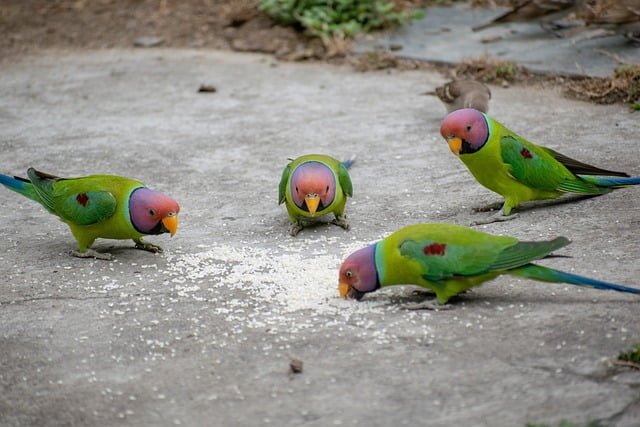
Mental Stimulation
Feeding your parakeet sunflower seeds can also provide mental stimulation. Parakeets love to crack open the shells to get to the tasty seed inside. This activity can keep your bird entertained and mentally engaged.
In addition, offering sunflower seeds as a treat can help with training and bonding with your parakeet. Your bird will associate you with the positive experience of receiving a delicious treat, which can help build trust and strengthen your relationship.
However, it is important to remember that sunflower seeds should be given in moderation as they are high in fat. Too many sunflower seeds can lead to weight gain and other health issues. It is recommended to limit sunflower seeds to 10% of your parakeet’s diet.
Overall, sunflower seeds can be a beneficial addition to your parakeet’s diet when given in moderation. They provide essential nutrients and mental stimulation, which can support your bird’s overall health and well-being.
Risks of Sunflower Seeds for Parakeets
Overfeeding Risks
While sunflower seeds can be a tasty treat for parakeets, overfeeding them can lead to health problems. Sunflower seeds are high in fat and can cause obesity, which can lead to a variety of health issues such as heart disease, liver problems, and diabetes. Additionally, overfeeding sunflower seeds can lead to vitamin and mineral deficiencies as parakeets may not be getting a balanced diet.
Choking Hazards
Parakeets have small beaks and throats, which can make it difficult for them to eat large or hard foods. Sunflower seeds can pose a choking hazard if they are given to parakeets in large quantities or if they are not properly prepared. The shells of sunflower seeds can be tough and difficult for parakeets to break open, which can lead to choking or digestive issues.
To avoid choking hazards, it is recommended to feed parakeets hulled or shelled sunflower seeds. This will ensure that the seeds are easier for the parakeet to eat and digest. Additionally, it is important to monitor your parakeet while they are eating to ensure they are not having any issues with choking or digestion.
In summary, while sunflower seeds can be a tasty treat for parakeets, it is important to feed them in moderation and to be aware of the potential risks of overfeeding and choking hazards. By following these guidelines, you can ensure that your parakeet stays healthy and happy.
How to Feed Sunflower Seeds to Parakeets
Preparation
Before feeding sunflower seeds to parakeets, it’s important to make sure they are fresh and free of any mold or fungus. We recommend purchasing sunflower seeds from a reputable source and checking the expiration date before feeding them to your parakeet.
It’s also important to properly store the sunflower seeds to prevent spoilage. We suggest keeping them in an airtight container in a cool, dry place.
Feeding Frequency
Sunflower seeds should be fed to parakeets in moderation. While they are a nutritious snack, they are also high in fat and can lead to obesity if overfed.
We recommend feeding sunflower seeds to your parakeet no more than once or twice a week. It’s important to monitor your parakeet’s weight and adjust their diet accordingly to ensure they maintain a healthy weight.
When feeding sunflower seeds to your parakeet, we suggest offering them as a treat in addition to their regular diet of pellets, fresh fruits, and vegetables.
In summary, sunflower seeds can be a healthy and tasty treat for parakeets when fed in moderation. Proper preparation and feeding frequency are key to ensuring your parakeet stays healthy and happy.
Alternatives to Sunflower Seeds for Parakeets
While sunflower seeds are a popular snack for parakeets, they should not be the only food item in their diet. Here are some alternatives to consider:
Pellets
Pellets are a great alternative to sunflower seeds because they provide a balanced diet for parakeets. They contain all the necessary vitamins and minerals that parakeets need to stay healthy. Pellets come in a variety of flavors, so you can find one that your parakeet will enjoy.
Fruits and Vegetables
Fruits and vegetables are a great way to add variety to your parakeet’s diet. They are also a good source of vitamins and minerals. Some fruits and vegetables that are safe for parakeets to eat include:
- Apples
- Bananas
- Carrots
- Broccoli
- Spinach
Make sure to wash all fruits and vegetables thoroughly before feeding them to your parakeet.
Seeds and Grains
Seeds and grains are a good source of protein and fiber for parakeets. Some safe options include:
- Millet
- Oats
- Quinoa
- Chia seeds
Make sure to limit the amount of seeds and grains in your parakeet’s diet, as they are high in fat.
In conclusion, while sunflower seeds can be a tasty treat for parakeets, they should not make up the majority of their diet. By incorporating pellets, fruits and vegetables, and seeds and grains into their diet, you can ensure that your parakeet stays healthy and happy.
Conclusion
In conclusion, we have found that parakeets can eat sunflower seeds, but they should only be given in moderation. Sunflower seeds are high in fat and can lead to obesity and other health issues if consumed excessively.
It is important to note that sunflower seeds should not be the primary food source for parakeets. A balanced diet consisting of a variety of seeds, fruits, and vegetables is essential for their overall health and well-being.
When feeding sunflower seeds to parakeets, it is recommended to offer them in their shell. This will provide mental stimulation and encourage natural foraging behavior.
In addition, it is important to purchase high-quality sunflower seeds that are free from any additives or preservatives. This will ensure that your parakeet is receiving the best possible nutrition.
Overall, while sunflower seeds can be a tasty treat for parakeets, they should be offered in moderation as part of a balanced diet.
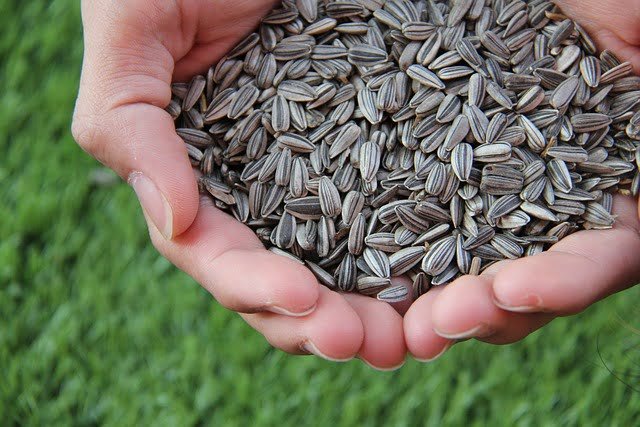
Frequently Asked Questions
What seeds can budgies eat?
Budgies can eat a variety of seeds, including millet, canary seed, and sunflower seeds. However, it’s important to remember that seeds should not be the only food in a budgie’s diet. A balanced diet should also include fruits, vegetables, and pellets.
Can budgies eat black sunflower seeds?
Yes, budgies can eat black sunflower seeds. Black sunflower seeds are a good source of protein and fat, and they also contain vitamins and minerals that are important for a healthy diet.
Can birds eat sunflower seeds in the shell?
Yes, birds can eat sunflower seeds in the shell. However, it’s important to note that birds may have difficulty cracking open the shells, so it’s best to provide them with shelled sunflower seeds.
Can parakeets eat cockatiel food?
Parakeets can eat cockatiel food, but it’s important to make sure that the food is appropriate for their size and nutritional needs. Cockatiel food may contain larger pieces that could be difficult for parakeets to eat, and it may also have different nutritional requirements.
Can parakeets eat safflower seeds?
Parakeets can eat safflower seeds, but they should be given in moderation. Safflower seeds are high in fat and can lead to obesity if given in excess.
Can parakeets eat corn?
Yes, parakeets can eat corn. Corn is a good source of carbohydrates and can be a healthy addition to a balanced diet. However, it’s important to make sure that the corn is cooked and not seasoned with salt or other spices.





